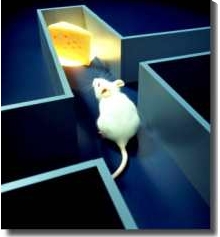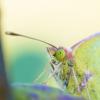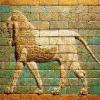Pentoxifylline (Trental), a methylxanthine, is one
of the most versatile drugs in my opinion, largely
due to its abililty to inhibit TNF-alpha, IL-1 and IL-6.
Some studies show it has no effect on IL-1 though.
It is normally prescribed for intermittent claudication
and bed sores. The standard dosage for these
ailments is 400 mg three times daily.
It has been used with some success in infantile
sepsis, but appears to be less effective in adult sepsis.
http://www.ncbi.nlm....t_uids=14502367http://www.ncbi.nlm....t_uids=14584009http://www.ncbi.nlm....t_uids=10321674http://www.ncbi.nlm....t_uids=10816353http://www.ncbi.nlm....st_uids=9438767I give pentoxifylline to support my father's congestive
heart failure :
1. It improves ejection fraction.
2. TNF-alpha, IL-1 and IL-6 are involved in the
apoptosis of myoctyes in heart failure and cardiomyopathy.
3. It inhibits cachexia (body wasting), a characteristic
of heart failure, aging and wasting diseases like HIV
and cancer, largely due to the blockade of these
cytokines. Pentoxifylline has also been studied in
the cachexia of cancer and HIV.
4. It slows down osteoporosis, which is accelerated
in heart failure.
http://www.ncbi.nlm....t_uids=11113392The other drug which outperforms pentoxifylline
against inflammatory cytokines is thalidomide, but
that is of course unavailable.
Nettle leaf extract also inhibits TNF-alpha, IL-1 and
IL-6, but I am unsure of the dosage, and there are
hardly any studies on it in this respect.
http://www.ncbi.nlm....st_uids=8967906http://www.ncbi.nlm....t_uids=15338166Fish oil and GLA are supposed to inhibit the production
of inflammatory cytokines, rather than at the receptor
stage.
Edited by tham, 23 October 2005 - 04:57 PM.




















































